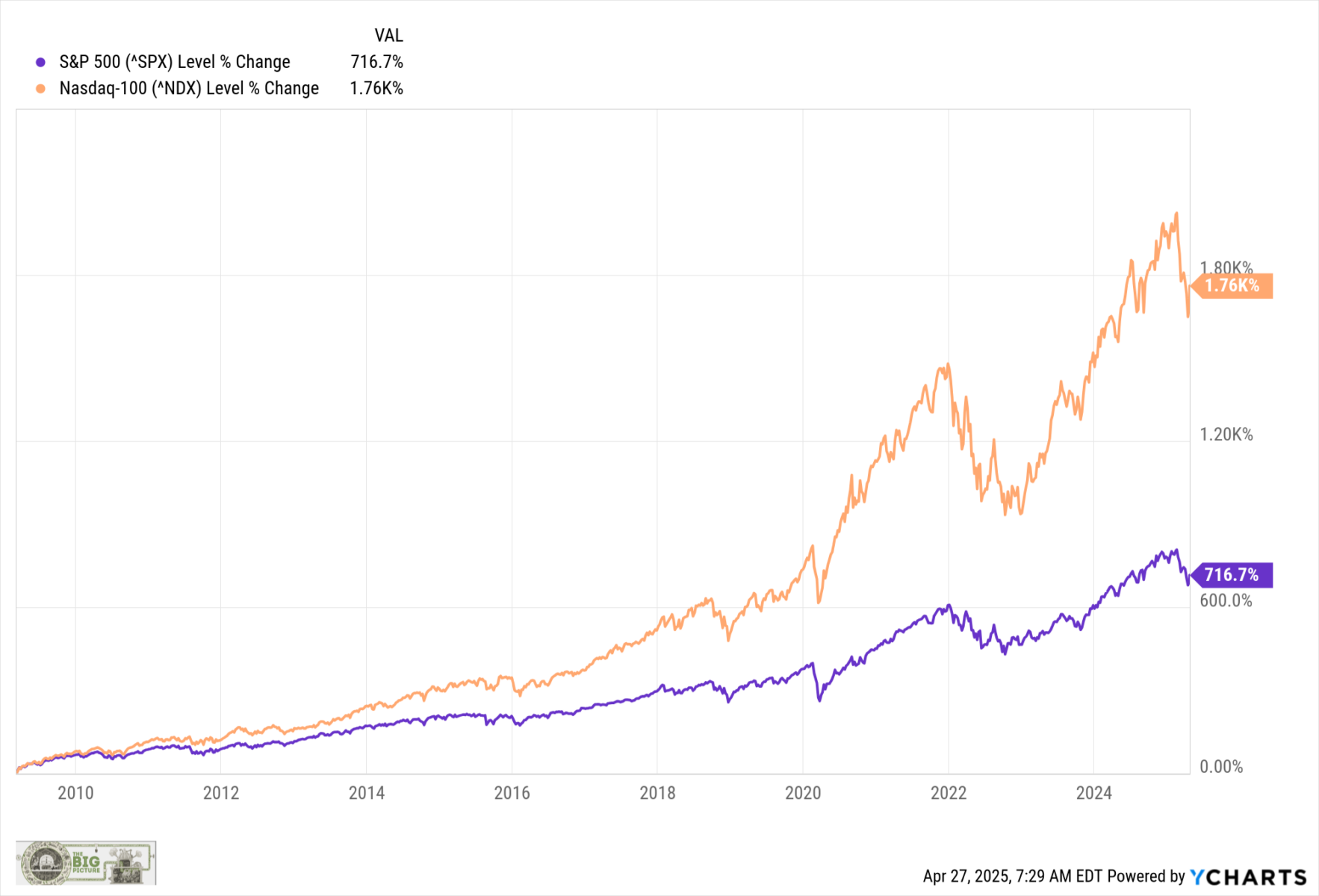CIV's Strategic Insights: Five Key Lessons for Entrepreneurs from Venture Capital Experts
The co-founders of venture capital firm CIV, Jeff Rosenthal and Abhijoy Mitra, stand at the forefront of the tech industry, guiding emerging companies through the complex landscape of investment and growth. In a recent exclusive interview with Business Insider, the duo shared their insights based on extensive experience in the venture capital sector, highlighting the evolving challenges startups face in todays market.
Rosenthal voiced a stark reality about the startup ecosystem, noting, "There are not 100 outlier founders and companies every year to bet on; there are a dozen." This statement underscores the meticulous nature of identifying standout companies worthy of investment in an environment where many startups are vying for attention and funding.
CIV has made its mark by investing in innovative companies like The Nuclear Company and Verse, aiming to foster growth in sectors ripe for transformation. Traditionally, the goal for most venture capitalists is to invest in companies that will eventually go public, generating significant returns. However, as exit opportunities dwindle, firms are compelled to raise their standards for what constitutes a viable long-term investment.
In light of their experiences, Rosenthal and Mitra have articulated five crucial lessons that they believe can guide entrepreneurs on their path to success:
1. Be 'Laser-Focused' on Capital Efficiency
Mitra, whose career has predominantly revolved around technology investments, emphasized the importance of transitioning from equity to non-equity funding in the industrial sector. He cautioned, "You don't have infinite venture capital. You need to be very efficient with the dollars you raise and really focus on building a profitable product within a well-defined timeframe." This perspective advocates for creating real-world solutions that address customer needs rather than solely relying on investor expectations.
He elaborated, stating, "You probably need half a billion in revenue and perhaps the profitability to actually go public." This reflection serves as a reminder for venture investors to maintain a constant awareness of the financial strategies that underpin successful companies.
2. Build a Product with a Large Target Market
Rosenthal pointed out a common pitfall among talented entrepreneurs: the tendency to target overly niche markets. He noted, "Often, I see highly skilled individuals picking too small of a market or using an angle of attack that lacks the necessary scale for significant growth." According to Rosenthal, achieving impact and scale are intertwined goals in the startup world.
He further elaborated, "The game we're all trying to play is how do you really have impact in this world?" This highlights the importance of aligning a products purpose with the evolving needs of a broader market. Mitra supported this by mentioning that some companies develop exceptional products for markets that are not yet ready for their solutions. As a result, he advised entrepreneurs to aim for transformational ideas that cater to substantial end markets.
3. Choose the Right Partner
Rosenthal identified the risk of partnership breakdown as a top concern among institutional investors. He stressed the importance of understanding how co-founders relate to each other, advising potential partners to assess their compatibility before embarking on a venture together. "How do you guys know each other? How close of friends are you?" he queried, emphasizing the significance of a strong foundation in a co-founding relationship.
His own experience with his best friend and colleague at CIV reflects this approach, as they engaged in detailed discussions about their business culture and long-term vision before committing to the partnership. Rosenthal encouraged aspiring entrepreneurs to conduct background checks on potential partners by speaking with their previous associates to gain insight into their working styles.
4. Talent is Key
According to Rosenthal, securing top talent is fundamental in launching a successful business. He noted, "When people hire strong talent, they replicate," suggesting that the initial team sets a precedent for future hires and overall company direction. He remarked that the success or failure of a startup often hinges on its first few hires, reinforcing the critical nature of building a competent and dynamic team from the outset.
5. Have a 'Durable Strategy'
Rosenthal warned against a reactive approach to business development, likening it to "building the plane while you're flying it." He recalled his earlier years in venture capital, where he often operated without a concrete plan. Today, he advocates for a thorough strategy, emphasizing the need for founders to measure and contemplate their actions carefully before making decisions. "Its important to have a durable strategy, not just a thesis," he stressed.
Mitra echoed this sentiment, observing that all businesses will face challenges, whether due to economic fluctuations or other unforeseen events. He suggested that sometimes, it is wise to "miss the hype and sit something out" rather than getting swept up in trends, urging entrepreneurs to maintain focus on their core strategies.




















